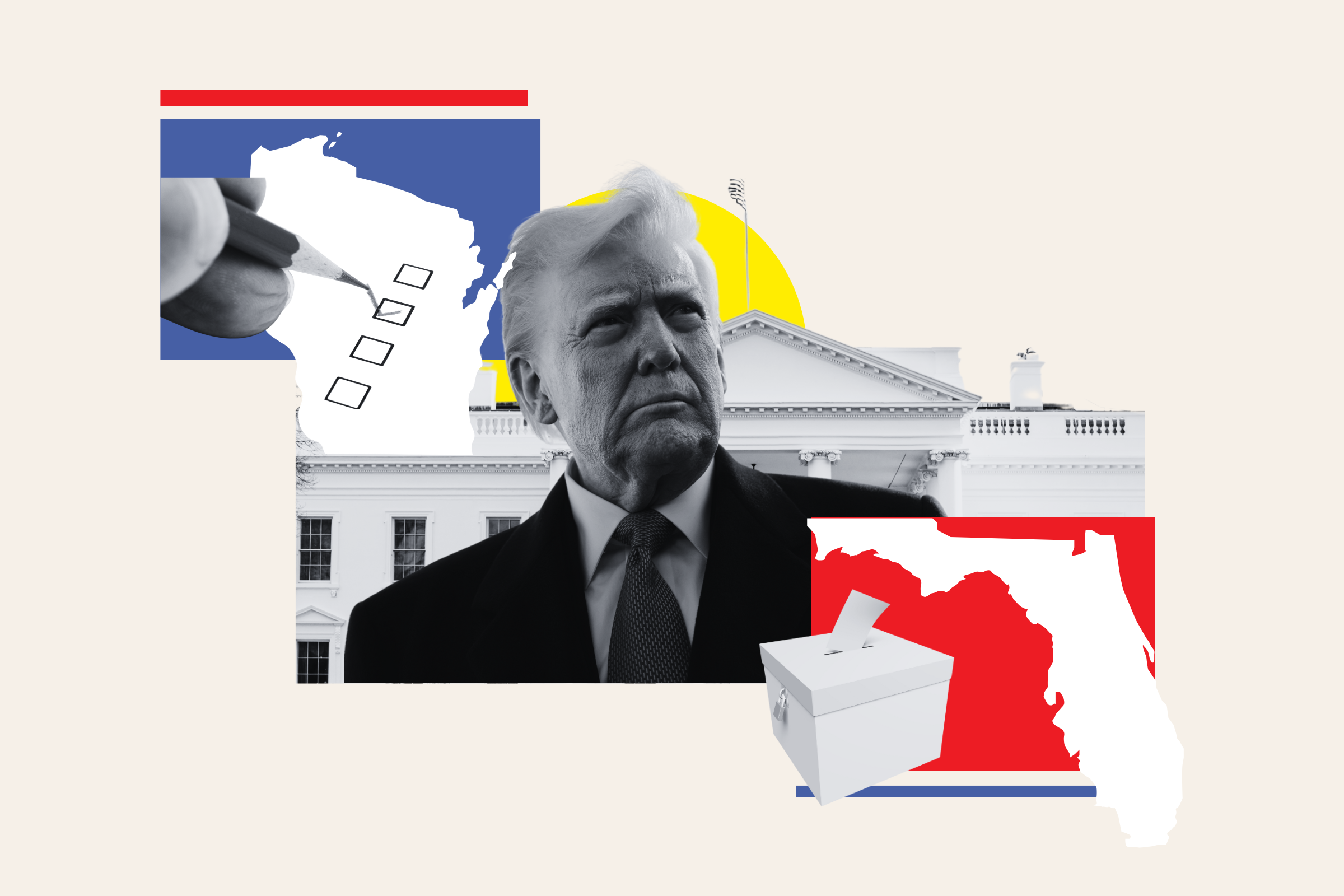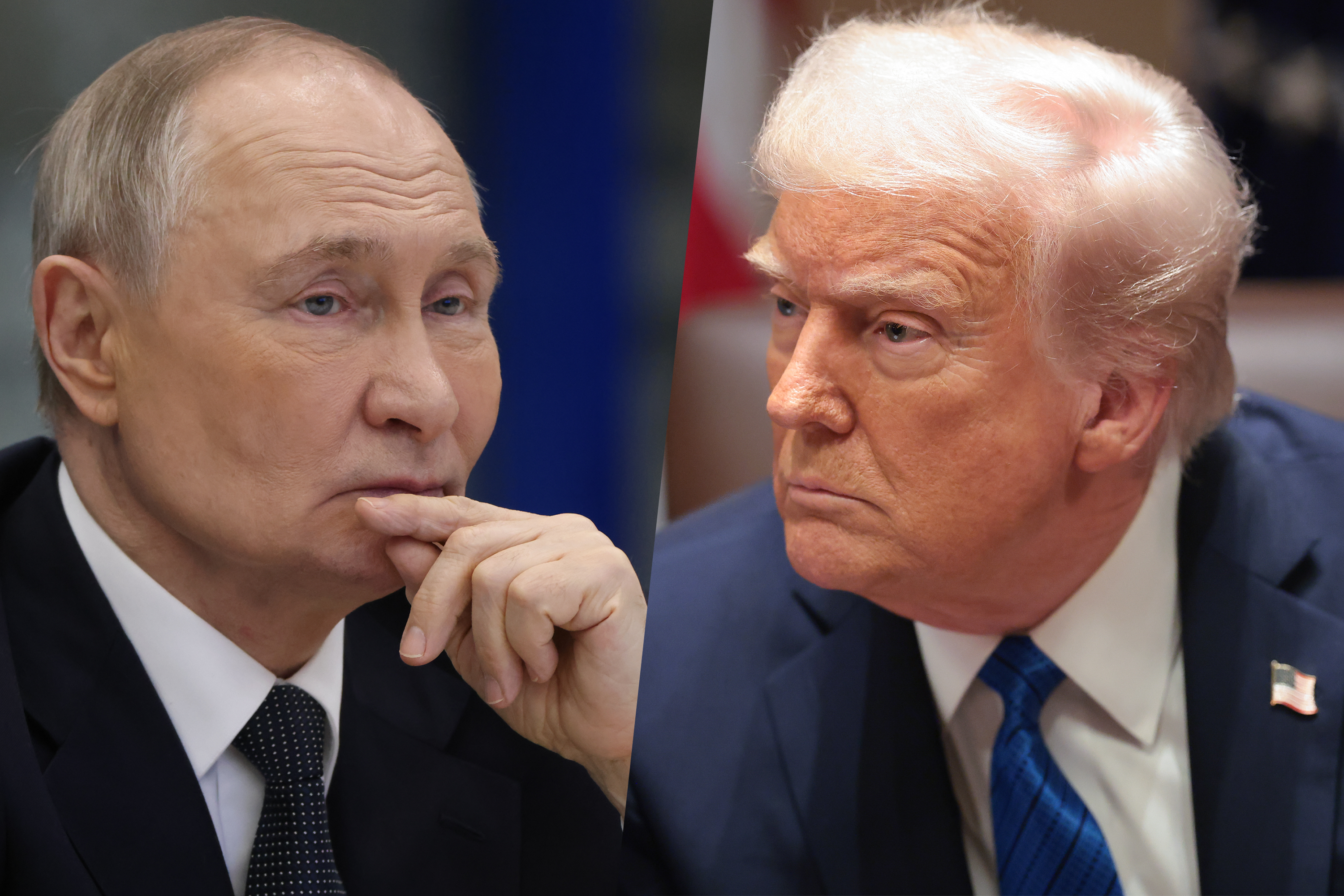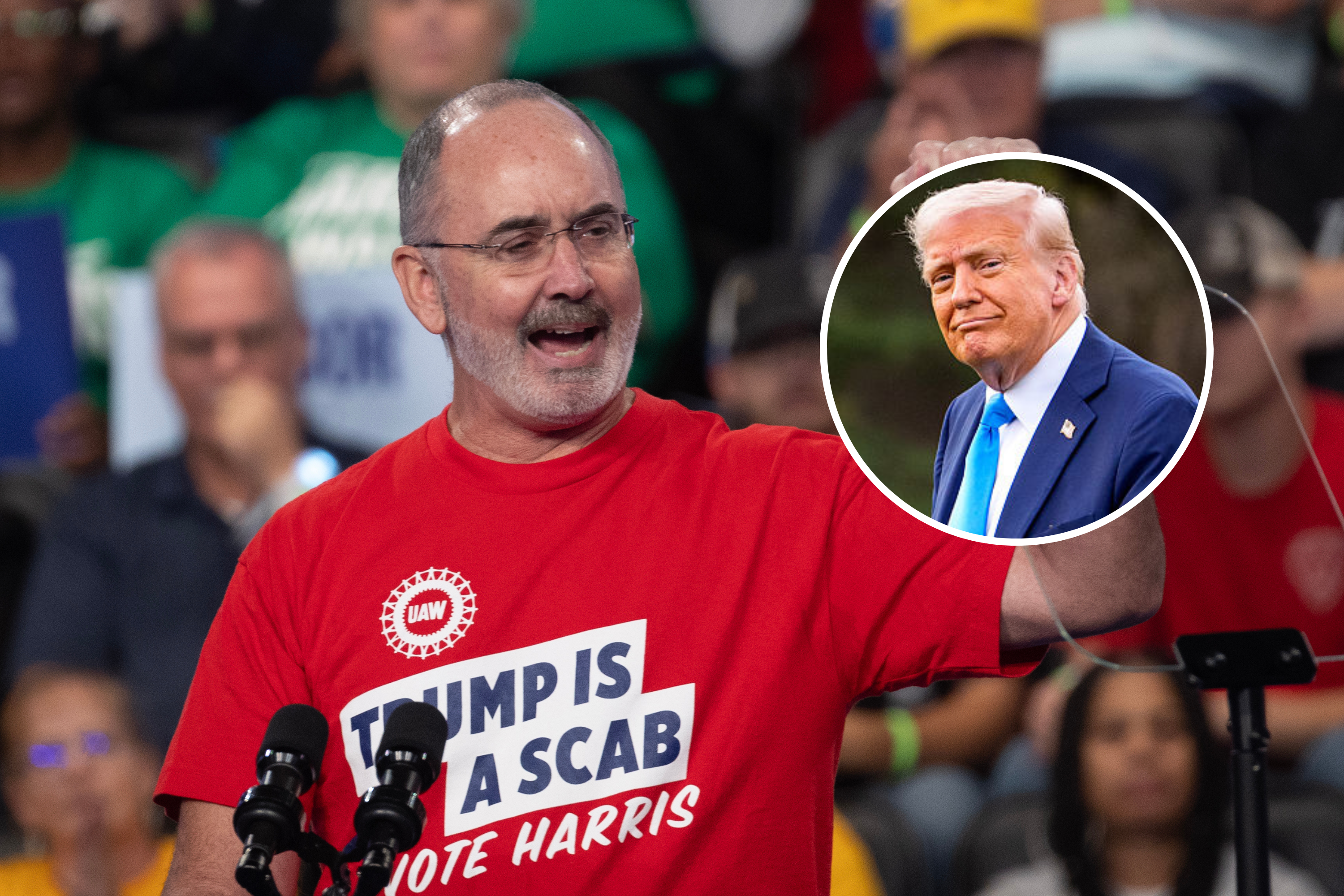While President Donald Trump has said that more Arab countries will join the Abraham Accords to normalize ties with Israel, Saudi Arabia shows signs of reluctance amid discussion of discussion of potential relocations of Palestinians from the war-devastated Gaza Strip.
A State Department spokesperson declined to comment to on "ongoing, private diplomatic conversations." Newsweek also contacted the Saudi and Israeli governments for comment.
Why It Matters
Peace deals between Arab states and Israel could bolster Trump's push for stronger backing of Israel, while uniting Middle East allies to push back against Iran's nuclear ambitions and regional influence. There would be no greater coup for Israel's backers than to bring Saudi Arabia on board.
Saudi Arabia's Crown Prince Mohammed bin Salman — a close Trump ally — has seen his global stature grow, particularly through his nation's efforts to mediate an end to the Russia-Ukraine war.
What To Know
Trump said more countries would join the Abraham Accords at a cabinet meeting on Monday, while the White House has singled out Saudi Arabia as a potential candidate, Reuters reported.
But Saudi Arabia's stance on the Abraham Accords plans has hardened, analysts say, especially after Israel's proposal to establish an agency to promote the "voluntary immigration" of Gazans — a move the Saudi foreign ministry fiercely condemned on the same day Trump urged more Arab nations to join the accords, according to Al-Arabiya.
The kingdom, once seen as the strongest potential candidate to follow the UAE, Bahrain, Sudan, and Morocco in normalizing ties, froze progress on the deal in 2024, citing Israel's military campaign in Gaza, which authorities there say has killed over 50,000 Palestinians since the October 7, 2023, Hamas attack on Israel. Saudi officials also say any agreement hinges on a clear path to Palestinian sovereignty.

"Saudi officials continue to stress that any agreement hinges on clear conditions, including safeguarding Palestinian rights," International Affairs Expert Saad Abdullah Al-Hamed told Newsweek. "For Riyadh, Trump's desired diplomatic win comes at a steep moral and political cost, with the kingdom condemning the humanitarian toll on Palestinians, branding the killings and displacement as violations of international law."
That is not to say that Saudi Arabia does not still seek strong relations with the Trump administration.
Bin Salman has elevated his global standing under Trump: notably through Saudi Arabia's efforts to mediate in the Russia-Ukraine conflict. The kingdom also recently pledged $1 trillion in U.S. investments and secured a deal for American precision weapons — reflecting the historically close U.S.-Saudi relationship.
Both Trump and Saudi Arabia share a vested interest in Middle East stability — Trump seeking regional security and strategic balance, while Saudi Arabia aims to prevent the rise of terrorism and further threats to regional peace, particularly from Iran.
Trump, who tied U.S. aid to support for American interests, has faced backlash in the Arab world for suggesting Gaza could be cleared and transformed into a luxury destination — the "Riviera of the Middle East" — a vision Saudi Arabia has firmly rejected as its tone grows more critical.
Saudi Arabia says that Israel must end its occupation of the lands it captured from Egypt and Jordan in the 1967 Middle East war and where Palestinians seek an independent state with East Jerusalem as its capital.
What People Are Saying
U.S. President Donald Trump: "I think we've seen significant progress, we were talking with the vice-president a while ago and you're gonna see countries start to fill up the Abraham Accords. More and more countries wanna join."
Saudi Crown Prince Mohamed bin Salman, in speech at the 33rd Arab Summit: "We emphasize the need for continued collaboration to confront the brutal aggression against Palestine. We urge the international community to fulfil its responsibility by demanding an immediate cessation of aggression from the occupying forces and ensuring the delivery of humanitarian aid."
International Affairs Expert Saad Abdullah Al-Hamed told Newsweek: "Donald Trump's renewed push for the Abraham Accords is increasingly tied to Saudi Arabia's opposition to the displacement of Gazans. Frustration is mounting over Israeli Prime Minister Benjamin Netanyahu's remarks suggesting Palestinians could be relocated to Saudi Arabia, Egypt, and other Arab nations — a notion Saudi leaders firmly reject. While Trump and U.S. officials seek a historic peace deal involving Saudi Arabia, the kingdom remains unwavering, having resisted similar pressure from President Biden."
What Happens Next
The Middle East conflict will continue influencing the Abraham Accords, with countries like Saudi Arabia cautious about joining due to the ongoing confllict with Israel, but any breakthrough there could see more countries join.
Updates on 03/27/25 at 4:37 a.m. ET with State Department declining to comment
About the writer
Amira El-Fekki is a Newsweek reporter based in Dubai. Her focus is reporting on politics and society in the Middle ... Read more




